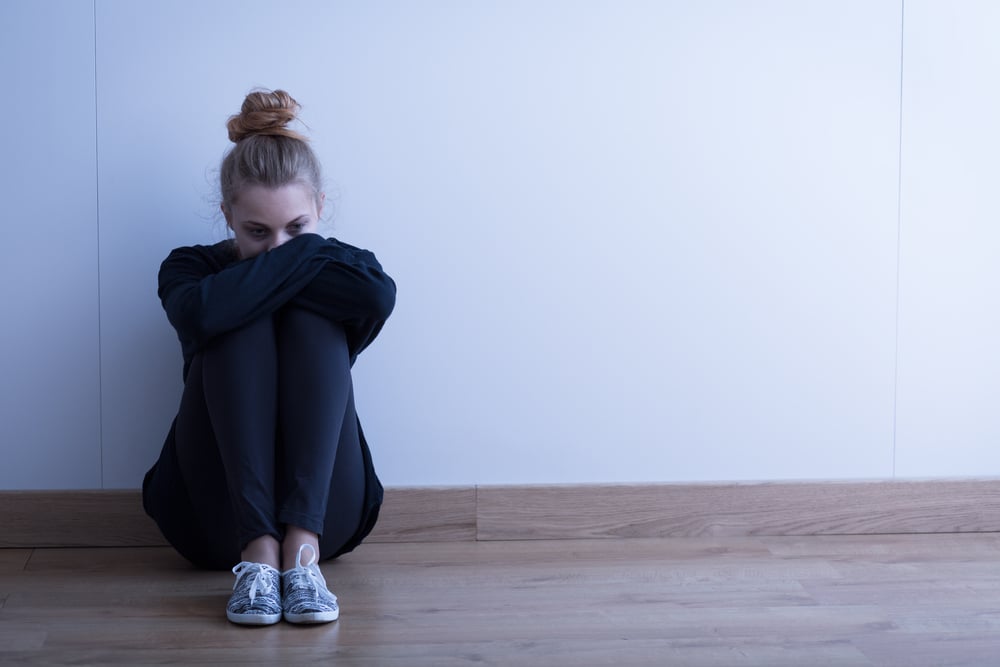It's January. The cheerful holiday season and well-deserved vacations have long passed. Weeks of winter stretch before you--the days short, the nights cold. For some reason, you find yourself in a haze. Perhaps your energy is lower than usual, or you feel strangely depressed. There's good reason for it. What some may refer to as the "winter blues" is a very real thing and it's known as SAD.

What is SAD?
SAD stands for "Seasonal Affective Disorder." It's a type of depression that is caused by a change in season. A decrease of sunlight in the colder months can lead to a drop in serotonin and melatonin levels, chemicals that play a big role in our mood. This can lead to feelings of depression, a decrease in motivation and concentration, oversleeping, and changes in appetite. According to an article on Everyday Health, as much as 20% of the population may have a mild form of SAD, with women and young people most likely to experience it.
How can you combat symptoms of SAD?
There are several simple solutions to combat SAD, but if it's a serious problem, consulting with a healthcare professional is recommended to figure out which solution is right for you.

Vitamin D. Vitamin D is something we naturally derive from the sun. Try to take a step outside on clear days and soak up at least ten minutes of sunlight. Eating foods rich in Vitamin D can also be beneficial. Seafood, particularly salmon, is packed with the vitamin. Egg yolks and mushrooms are also good choices. If you still suffer from a deficiency, consider Vitamin D supplements.
Light Therapy. There are light boxes sold that simulate sunlight, specifically created to combat SAD. Sitting in front of one for 30 minutes each morning has been found to alleviate symptoms of the disorder. If you're considering buying one, make sure to do your due diligence and research which one is best.
Diet and Exercise. Yes, you've heard it a million times, but with good reason. Our diets are directly linked to our emotional health and a well-balanced diet will leave you feeling much better off--perhaps there is some meaning in "you are what you eat" after all. Though overindulging in sweets may seem like the perfect cure for a bad day, you will feel better in the long run if you replace that bowl of ice cream with a crisp salad or a handful of berries and nuts. Everything in moderation!
Exercise is also proven to make us happier. Upon exercising, your brain releases chemicals associated with happiness and confidence, which in turn helps reduce anxiety and depression. It's tough getting outdoors during the winter months, but there are plenty of at-home fitness regimes and yoga classes available at your fingertips with a quick Google search!
Socialize. This may feel like the last thing you want to do if SAD has you in its grip, but socialization can be a huge help in improving your mood. Unfortunately, we are living through periods of isolation as our world continues to grapple with a pandemic. Fortunately, there are plenty of creative ways we can connect with others thanks to technology! You can cook dinner or watch a movie together over a video call. You can try out a free, online game for a little healthy competition. If that's not your speed, then a simple chat with a friend can go a long way.

Your mental health is of indescribable importance, especially in our current day and age. If you find your thoughts progressing to a dark place, do not hesitate to contact a doctor or someone else you can talk to.


COMMENTS